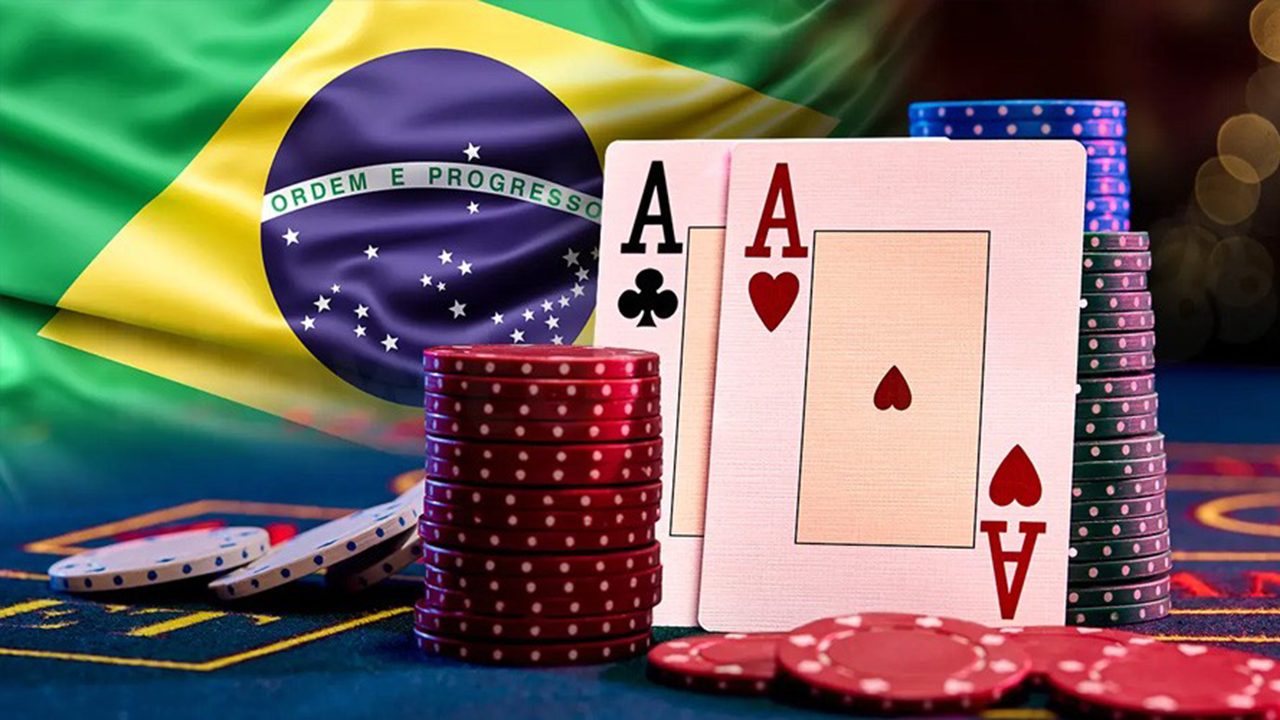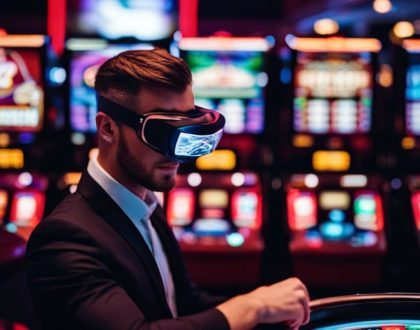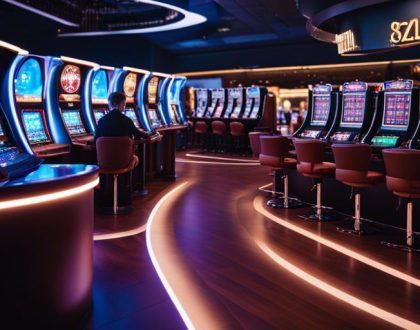Developments in Brazilian Gambling Regulation

In its latest analysis, Sportingtech, a provider of turnkey solutions for sports betting and gambling, reflects on the recent changes in Brazilian gambling regulation and what operators should be mindful of in this market.
For anyone who has had even the slightest interest in Brazilian gambling over the past decade, the analogy of a roller coaster ride will ring true. The country has teetered on the brink of regulation multiple times during this period, leading to doubts about the recent developments. However, this time it feels different. Even with the very latest news of potential political delays, it seems like we’re closer than ever before. So, let’s dive into the key considerations for operators.
Taxation and Revenue: Striking the Balance
One of the most significant changes in Brazil’s gambling regulation is the increase in the tax rate from the original draft of 16% to the current 18% of gross gaming revenue. This change is accompanied by additional corporate and social contributions totaling 9.25%, as well as taxes levied by local municipalities. Given the possibility that the total tax burden could soar to nearly 40% with additional taxes like ISS, PIS, and COFINS, concerns have been raised regarding the impact of such a high tax rate on companies’ willingness to operate within the confines of Brazilian law.
However, it’s important to note that the increased taxation is intended to fund social investments in critical areas such as education, healthcare, security, and the promotion of sports among children and youth.
Licensing and Fees: Balancing Entry Requirements
The licensing and fee structure is another critical aspect for B2C operators to consider. While there has been speculation that the upfront licensing fee will be set at R$30 million (approximately US$6.3 million), there have also been proposals to reduce this fee to offset the weight of the increased tax rate.
The Brazilian Ministry of Finance has the authority to determine the exact costs, estimated to range between R$25 million and R$30 million. It’s worth mentioning that both domestic and international companies have the opportunity to obtain unlimited licenses if they establish a presence in Brazil. Operators must have a physical presence in the country, including a Brazilian entity, local offices, and a specified number of local employees, which will be further clarified by forthcoming regulations.
Penalties and Regulations: Ensuring Compliance
B2C operators need to familiarize themselves with the penalties and regulations imposed by the Brazilian government. Unauthorized operations or advertising of sports betting are now subject to new administrative penalties. Internet service providers (ISPs) are required to block access to unlicensed gambling websites, while the Bank of Brazil will take measures to block illegal financial transactions related to such activities.
Operators are also required to publish warnings related to gambling addiction and emphasize the importance of responsible gambling. Specific regulations apply to advertising, including self-regulatory guidelines from the Brazilian Advertising Self-Regulation Authority (CONAR).
Sports Events and Integrity: Safeguarding the Game
To preserve the integrity of sports events, operators must adhere to strict guidelines. The definition of suitable sports events for sports betting includes provisions to limit or prohibit certain types of bets.
An important prohibition is that operators cannot acquire broadcasting rights for Brazilian sports events to protect the local sports system. Operators are required to join an international integrity association and participate in the monitoring and reporting of suspicious betting activities within five working days of identifying integrity concerns. Furthermore, it is explicitly forbidden for athletes, officials, and owners to place sports bets to foster an environment of fairness and integrity. Only bets on the final outcome of a sports event are allowed, with restrictions on bets related to specific aspects like cards and injuries due to their susceptibility to integrity violations.
Player Protection: Prioritizing Responsible Gaming
Player protection is a cornerstone of gambling regulation in Brazil. Operators are obligated to implement measures to protect players and the integrity of sports.
Participation by individuals under 18 years of age and those listed in credit databases is strictly prohibited. Operators must monitor gaming behavior and set limits on bets to prevent problems related to gambling. Individuals with unfavorable credit ratings listed in national credit databases are not allowed to place bets, promoting responsible gambling and financial prudence.
Legal Framework and Future Outlook: An Evolving Landscape
It’s important to note that there are currently no provisions to restrict the regulation or operation of sports betting at the state or municipal levels in Brazil. The regulatory framework is introduced through provisional measures and serves as a fundamental step toward the implementation of a federal regulatory regime. This initial framework is accompanied by a sports betting bill (Law 3626/2023) that addresses temporary penalties, anti-money laundering measures, adjustments to regulatory fees, and provides insights into the ongoing development of the gambling landscape in Brazil.
FAQ:
What changes have occurred in Brazilian gambling regulation?
Brazilian gambling regulation has changed in terms of taxes, licensing, penalties, and advertising.
What is the tax burden for gambling operators in Brazil?
The tax burden can be up to 40% of gross gaming revenue, including additional taxes like ISS, PIS, and COFINS.
What do operators need to know about licensing in Brazil?
Operators need a physical presence in Brazil, local offices, and employees to obtain licenses.
What penalties are imposed for violations of Brazilian gambling rules?
Violations can lead to administrative penalties, and internet service providers must block access to unlicensed gambling sites.
How is the integrity of sports events protected in Brazil?
There are strict guidelines for selecting sports events and a prohibition on acquiring broadcasting rights for Brazilian sports events.
What measures are taken to protect players and the integrity of sports in Brazil?
Rules ensure the protection of minors and individuals with poor credit, as well as measures to promote responsible gambling.
Are there restrictions on regulating gambling at the state level in Brazil?
Currently, there are no restrictions as regulation occurs at the federal level.
What legal changes are planned regarding gambling in Brazil?
There are ongoing changes and adjustments as part of evolving gambling legislation.
How can operators operate successfully in Brazil?
Operators must comply with current laws and regulations, have a physical presence, and focus on responsible gaming.
What role does the Brazilian gambling authority play in this process?
The Brazilian gambling authority is expected to play a crucial role in the implementation and monitoring of regulation.
Recommended Posts

Legal Nuances of Operating an Online Casino
May 17, 2024

The World of Wearable iGaming Tech
May 17, 2024

Going Live – Surge of Live Stream Gambling
May 17, 2024



